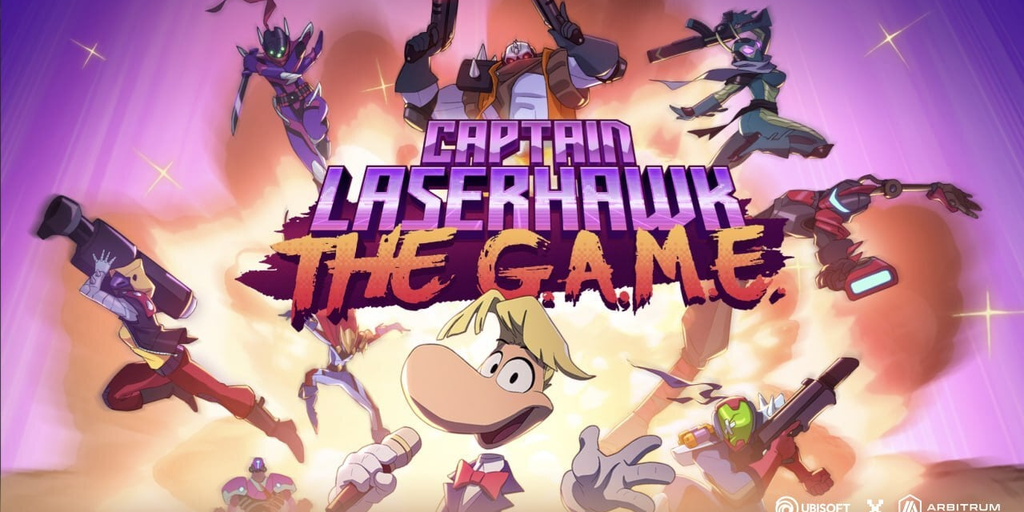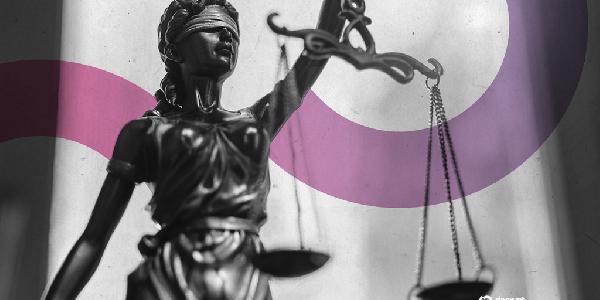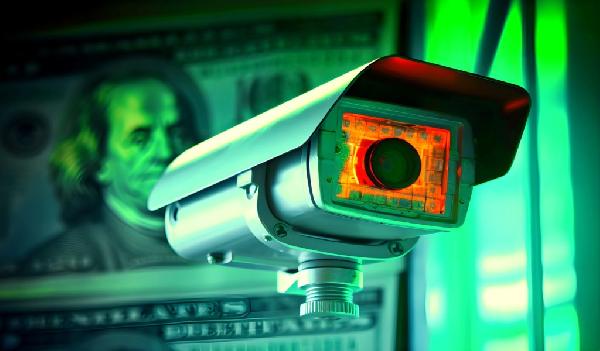Ubisoft is handing control to AI in its latest blockchain experiment, Captain Laserhawk: The G.A.M.E., launching a new text-based governance experience to the Ethereum-based game this week at ETHCC in Paris.
In the game, AI agents tied to NFT-based characters don’t just exist—they vote, govern, and evolve based on player choices.
Developed in partnership with French AI developer LibertAI, the latest Captain Laserhawk twist introduces AI-powered features to the existing NFT characters called Niji Warriors. The agents connected to each of the 10,000 NFTs can act autonomously and make in-game decisions on behalf of their owners, analyzing proposals, casting votes, and logging actions on-chain.
Set in the dystopian universe of Ubisoft’s Netflix animated series “Captain Laserhawk: A Blood Dragon Remix”—which is inspired by a game in the Far Cry series—the project spans two interconnected experiences: a top-down multiplayer shooter launched in December on Ethereum’s Arbitrum network, and a new text-based governance simulator debuting in July.
Both experiences rely on the same Niji Warrior NFTs. But while the shooter emphasizes action and crossover content from other Ubisoft franchises, the upcoming text-based component focuses on decentralized storytelling and AI-driven decision-making, all built on LibertAI’s technology.
The teams showed a first glimpse of the planned AI governance experience back at the ETH Denver conference in February.
“What’s changed since Denver is that NFTs and PFPs can now vote on Snapshot,” Didier Genevois, Technical Director and Executive Producer at Ubisoft, told Decrypt. “The NFTs are initialized with personas tied to their metadata—this is the first iteration—so they have distinct personalities. If you don’t vote, your NFT will vote based on that persona and explain why.”
Genevois described the game as an experiment in AI governance, set within a world that blends characters and content from various Ubisoft IPs, including Far Cry 3: Blood Dragon, Watch Dogs 2, Assassin‘s Creed, Rayman, and Rainbow Six.
Each AI agent is built with specific traits—such as age, profession, personality, and values—and powered by LibertAI’s models. These agents cast votes using compatible wallets and justify their choices using memory, game context, and player history. All decisions and memory states are logged on Aleph Cloud to ensure transparency and prevent tampering.
“The goal is to connect in-game actions to governance. Unlocking content in the text-based game can influence how your Niji votes in the future,” LibertAI Lead Contributor Jonathan Schemoul told Decrypt. “Eventually, Nijis could govern the game world itself. The game will likely evolve based on their decisions, which are shaped by your in-game actions.”
While AI agents act autonomously, players can intervene if they choose. Genevois emphasized that the tension between AI agency and human control is central to the experience.
“It’s important for us to leave room for humans,” he added. “If you want to have an impact and you‘re concerned, then you can vote, propose ideas, and find a way to push back against a world ruled by AI agents. That tension is what interests us.
Both Genevois and Schemoul stressed that each player‘s experience is distinct. Unlike recent AI gaming mishaps—such as an AI-controlled Darth Vader in Fortnite that spiraled into hate speech—the Captain Laserhawk AI agents are isolated to each user’s environment.
“If you make it derail, it will only be for your own experience,” Genevois said. “It won’t affect the experience of other players. So if you make it curse, then you’ll see some curses on your terminal—but that’s it.”
Ubisoft and LibertAI have built guardrails into the system to protect players from inappropriate content. While decentralized AI allows for uncensored models, Genevois said the models used in Captain Laserhawk are curated.
“In decentralized AI, anybody can provide uncensored models. But for this experience, the model used is censored, and for good reason,” he said. “If players aren’t adults, you don’t want the model to say weird or inappropriate things. The world prompt and the way the model is used are designed to avoid that.”
Captain Laserhawk is also designed to meet players where they are. Whether you’re a seasoned in-game hacker or a curious beginner, the game adapts its difficulty and dialogue in real time based on skill level.
“If you don’t know anything about hacking, you can just say, ‘I want to enter the system,’ and the LLM will guide you,” Genevois said. “If you’re a real hacker, it will challenge you more. Everyone gets a different experience, but the goal is the same.”
Edited by Andrew Hayward
Your Email








